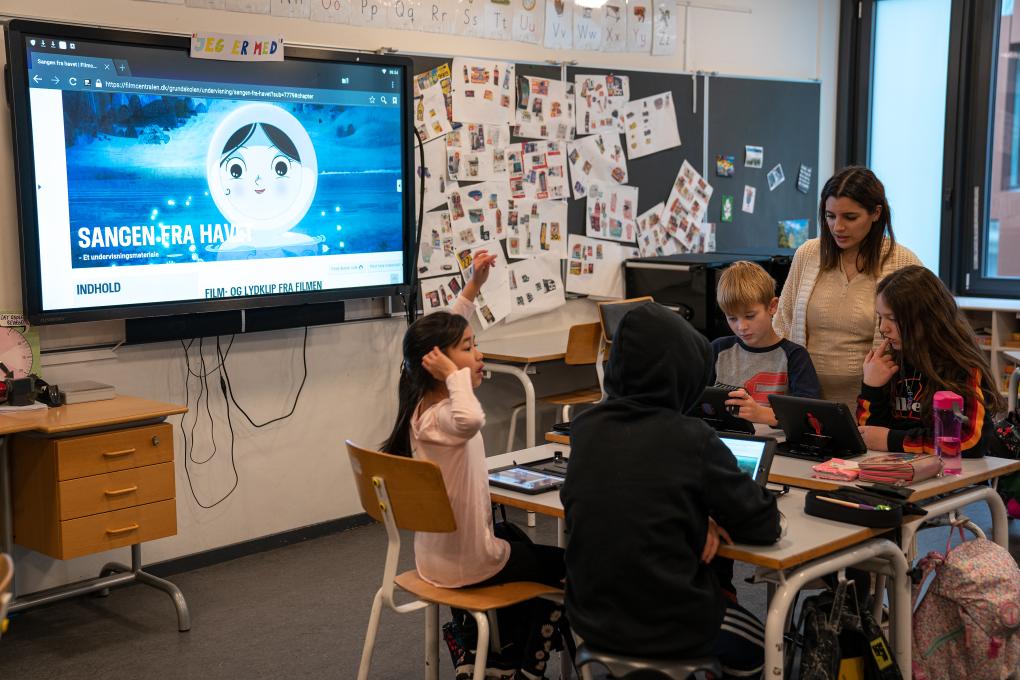A growing number of European countries are focusing on film in the classroom. Several international initiatives are also set up, including right now 'Film Education: From Framework to Impact', a new project presented in partnership between the British Film Institute, Vision Kino in Germany, La Cinematheque Francaise and the Danish Film Institute, with support from Creative Europe.
The aim is to promote the development of strategies and skills. Over the next year, the focus will be on sharing experience, generating inspiration and gaining new knowledge. The setting will be four regional seminars and an online course, a so-called MOOC, or Massive Open Online Course. Titled 'Film Education: A User’s Guide', the course is one of the first of its kind in this field.
The seminars and the course are aimed at teachers, communicators and decision-makers working in film literacy for kids and youth in the education sector, including preschools, and at film festivals, cinematheques, libraries and film institutes in Europe and internationally.
"The professionals are calling for more knowledge and a higher skill level to get better at what they do. The starting point is positive – there is growing interest in film appreciation in Europe and elsewhere," says Charlotte Giese, the Danish Film Institute’s Special Advisor for Children & Youth.
The Massive Open Online Course
The online course 'Film Education: A User’s Guide' will examine how to work with film literacy, how to build a solid infrastructure, how to work strategically and how to assess the importance and impact of the effort.
Participants will be able to read texts, watch tutorials, solve assignments and have a dialogue with each other. The course runs around 16 hours, which may advantageously be spread across four weeks. Because the course is based on dialogue, there will only be a brief window to apply, from 23 March to 17 May. The course is free, will be taught in English and is open to participants from around the world.
Read more and sign up for 'Film Education: A User’s Guide' at futurelearn.com
Seminars in Europe
Initially, the plan was to arrange four seminars during spring alongside the online course, but due to the corona crisis, the seminars are postponed until autumn.
The seminars of two to three days will be held in Estonia, Slovenia, Hungary and Greece, in collaboration with regional partners and with participants from many neighbouring countries. In all, 25 countries are expected to be represented. Based on best practice examples from around Europe, the seminars will focus on the same subjects as the online course.
"The ambition of the seminars and the course is to qualify film education and strengthen the framework for a long-term effort, which will have a real impact on the cultural and digital education of children and teens, both in Europe and internationally,” Charlotte Giese says.
